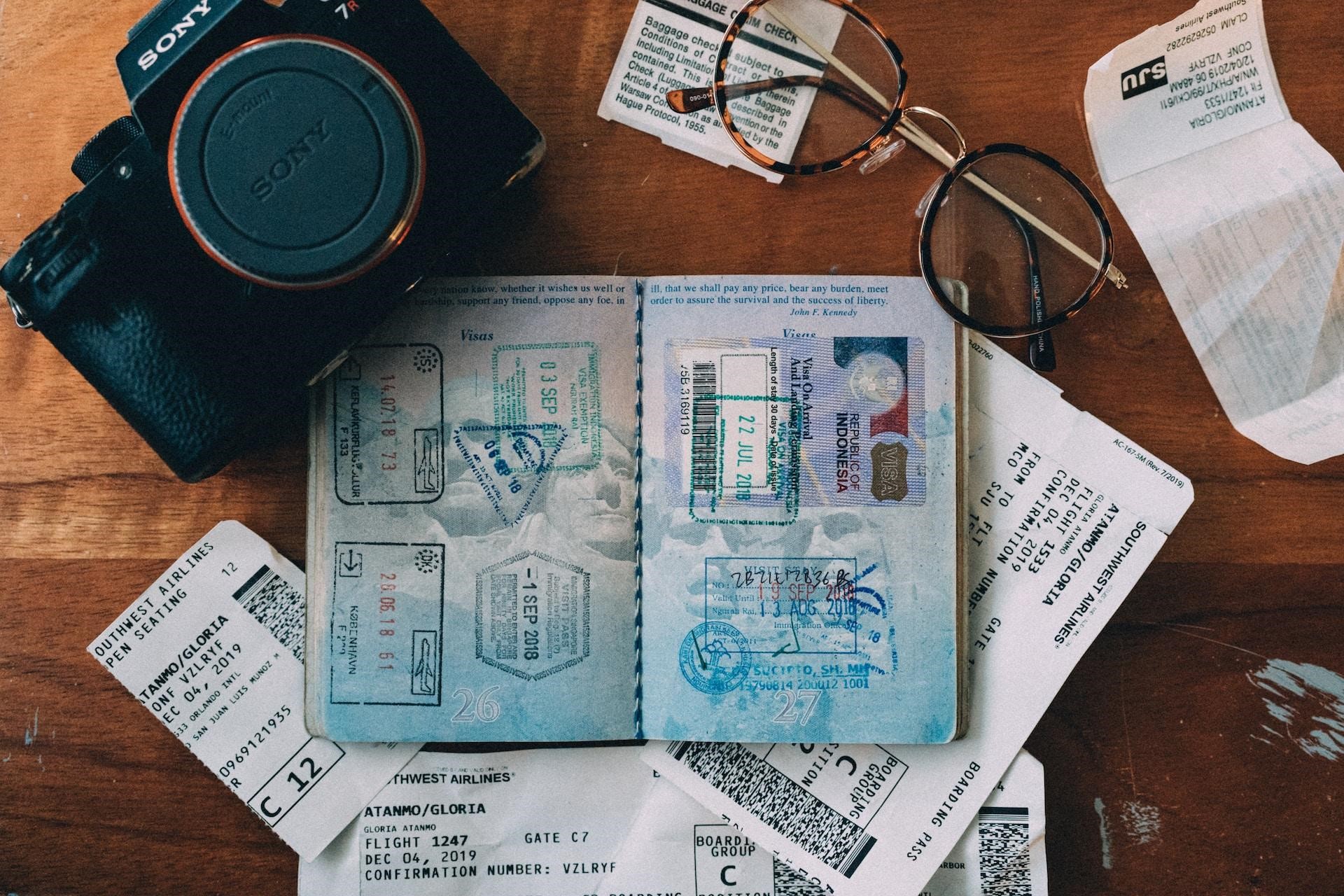Some people are born with the advantage of owning dual citizenship, whether it is due to family inheritance, naturalization, or citizenship by investment passed on to family members. For those who do not have this benefit, many countries implement strategies that allow citizens to acquire a second nationality and meet their personal or professional needs.
If you’ve been wondering why you should consider securing a second passport in the Asia-Pacific region, this article can help. Follow along to learn why it is important to have a second passport, how you can enjoy its benefits, and what information to consider when applying for one.
Get Started
Citizens need to have a plan B, an insurance policy, and a method to unlock new opportunities that would otherwise be unavailable with their native citizenship. Getting dual citizenship opens the doors for citizens on a personal and professional level and allows citizens to enjoy the benefits countries like Japan, Singapore, and Australia can offer.
For instance, agencies like NTL Trust help citizens choose the best option according to their needs, budget, and preferences. So make sure to stay informed before jumping into decisions relating to investing in dual citizenship.
Copyright: ConvertKit on Unsplash I License: CC0 Public Domain
Ease of Travel
The majority of people who go for dual citizenship are usually citizens that are traveling often or have a business overseas. A second passport enhances visa-free travel options and allows citizens to travel freely and avoid the need to obtain a visa every time they leave their homeland.
For instance, Israeli citizens have limited mobility when it comes to traveling in the Middle East or Asian-Pacific countries. They can only travel to these countries if they obtain a second passport. Even if they have a superior visa-free passport, they will need second citizenship to enhance their access to certain countries or parts of the world.
Thus, getting dual citizenship can boost the ability to do business abroad and travel, even if you already have a superior visa-free passport.
The APAC region consists of diverse countries with different economic opportunities. So, dual citizenship within the region can facilitate easier mobility and access to employment, education, and business opportunities across multiple countries, such as Singapore, Australia, New Zealand, Malaysia, Japan, and others.
Tax Optimization
Dual citizenship can be a great asset to your tax strategy. Although it does not automatically reduce the tax bill, a second citizenship can be the tool to help you reduce your taxes.
There’s a lot of misinformation going on around on the Internet about dual citizenship, so make sure to learn the core concepts before applying for one. For instance, the majority of countries around the world use the so-called residential tax system. This system allows them to be considered tax residents if they spend a certain number of days in that country and adhere to different tax laws and regulations.
Residence Privileges
One of the major benefits for many dual citizens is the right of guaranteed citizenship in that particular country. You will have the residential privileges at your feet and the freedom to live there as you choose. It’s perfect for people who want to get away from their countries for a while and spend a certain period in another country.
Furthermore, dual citizens can enjoy the social benefits that come with dual citizenship. If you’re not from a highly developed country, higher education, and medical care might not be easily accessible to you or your family, or they might cost you big time. The stability that is offered in these highly developed countries is an appealing benefit for many people who go for dual citizenship.
Considering the APAC region is rich in diverse cultures and traditions, dual citizenship allows individuals to fully engage with and participate in the cultural exchange within the region. They can take part in festivals, events, and celebrations and have a deeper understanding of the local customs and heritage.
Having a Plan B
Having a plan B in case of an emergency, civil unrest, political disruptions, or the worst-case scenario, a war, is important for many people. Additionally, dual citizenship allows for greater mobility and the ability to live and work in two countries, expanding one’s horizons and opening up a wider range of possibilities for personal and professional growth.
Dual citizenship can provide a sense of security in times of political instability or natural disasters. In the event of any crisis, individuals may have the option to seek safety or support from either of their countries of citizenship within the APAC region.
Why Is it Important?
According to a paper by Maartin Vink, a professor of Political Sociology at the Maastricht University in the Netherlands, less than ⅓ of the countries allowed obtaining dual nationality. According to his research and paper, citizens will automatically lose their native citizenship if they voluntarily obtain a second citizenship.
However, many states changed their tolerance policies and accepted dual citizenship. Most of them allow expatriates to acquire a citizenship of their choice, mostly with investments and the purchase of real estate in a foreign country.




























